Parliamentary System Vs Presidential System Pros And Cons
Parliamentary system vs presidential system pros and cons. The head of government becomes the leader of the party or majority coalition. You can say the presidential system is inflexible and steady whereas the parliamentary is flexible and volatile. Multiple parties are represented in a parliamentary democracy instead of 2-3 major parties.
Big Parties Hold More Sway. In a presidential system elections are fixed. There are actually a lot of variation within.
Pros and Cons of Parliamentary and Presidential System in a New Country Introduction In order to be recognised as a new and independent country such nation must be able to determine what system of government should be used. Parliamentary System tends to pass laws quickly since the power of the Prime Minister comes from the coalition of parties or the majority Party in the legislature. In Parliamentary system the center of power is on the parliament the legislature.
Parliamentary Democracy Pros and Cons List. Pros and Cons of Parliamentary and Presidential System in a New Country Introduction In order to be recognised as a new and independent country such nation must be able to determine what system of government should be used. List of the Pros of a Parliamentary Democracy.
Direct elections-often in presidential systems the people directly elect the president allowing for a higher feeling of legitimacyThis is not always a characteristic of all presidential systems. It limits political gridlock. A parliamentary system can be a republic.
When a system of this nature is in place there is little to no incentive for a larger party to take the time necessary to. Here are the pros and cons of using this system of government. Parliamentary system it is argued by its supporters also has that kind of protection over individual liberty which reflected in the forms of opposition independent court and the mutual suspicious within multi-party coalition cabinet.
Leadership within a parliamentary democracy comes from within the ranks of the elected officials. Presidential system of government tends to be more democratic than the cabinet systemFor instance the president is elected by the people members of the legislature are free to vote according to their will and not by the dictate of party loyalties or party whims etc.
It limits political gridlock.
The head of government becomes the leader of the party or majority coalition. Here are the pros and cons of using this system of government. Parliamentary system has more accountability but the presidential is quite fast both has their own pros and cons Pros of parliamentary system 1. Presidential system of government provides stability of the government. The change of leadership is quick in parliamentary system and but it is slow in presidential system. A parliamentary system can be a republic. Pros and Cons of Parliamentary and Presidential System in a New Country Introduction In order to be recognised as a new and independent country such nation must be able to determine what system of government should be used. List of Cons of Parliamentary System. Parliamentary System tends to pass laws quickly since the power of the Prime Minister comes from the coalition of parties or the majority Party in the legislature.
The president is free from the influence of the party in his daily routine as compared to the parliamentary system. Leadership within a parliamentary democracy comes from within the ranks of the elected officials. Big Parties Hold More Sway. Separation of powers-allows president and legislature to monitor and check each other. The larger the party the more sway they will hold under a parliamentary system. List of Cons of Parliamentary System. In Parliamentary system the center of power is on the parliament the legislature.

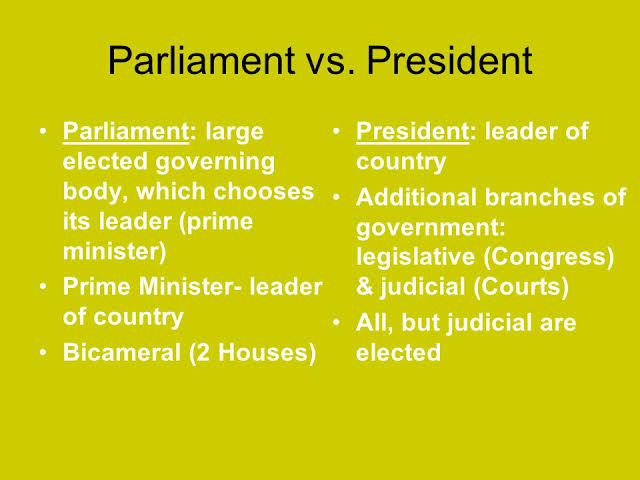



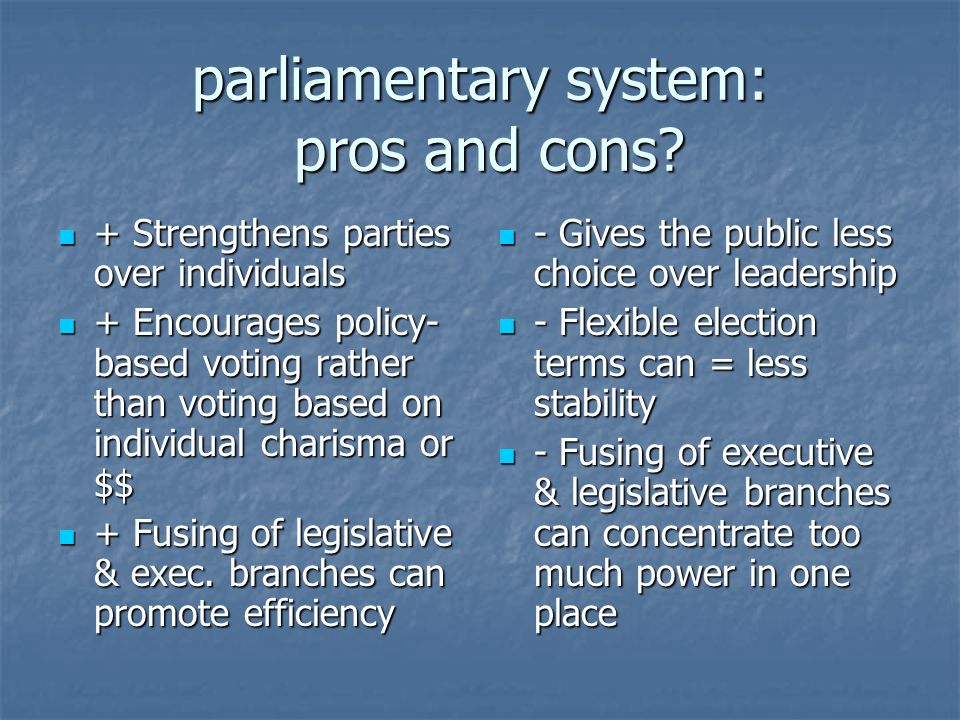
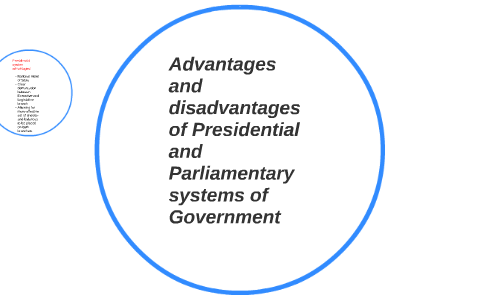


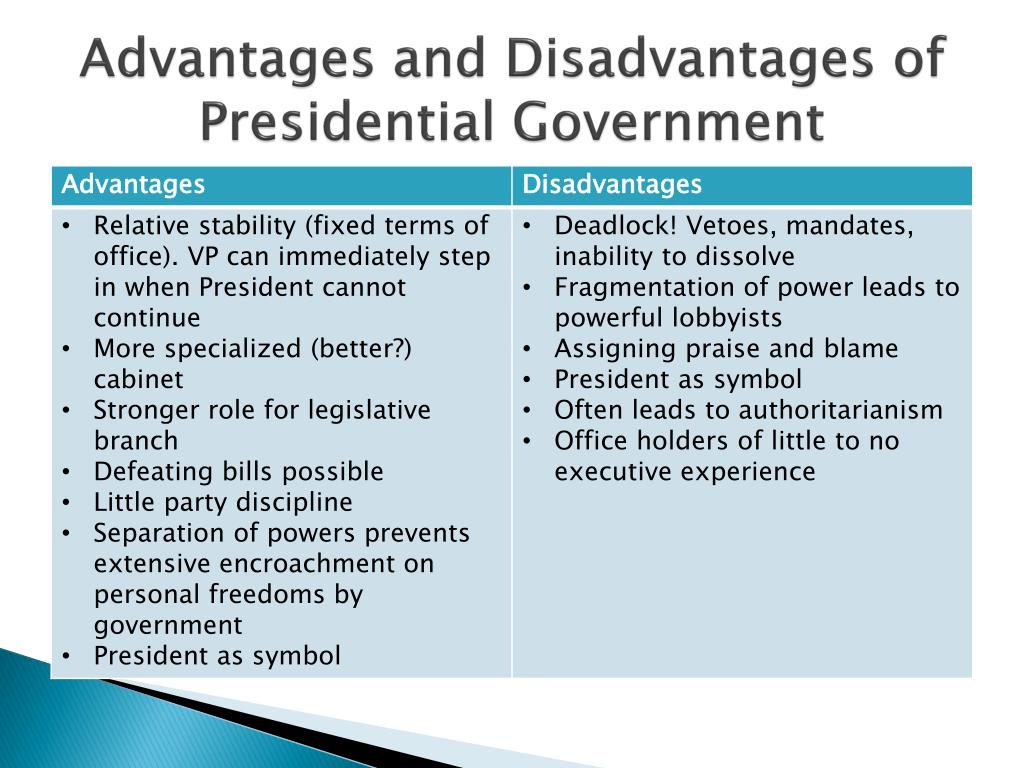
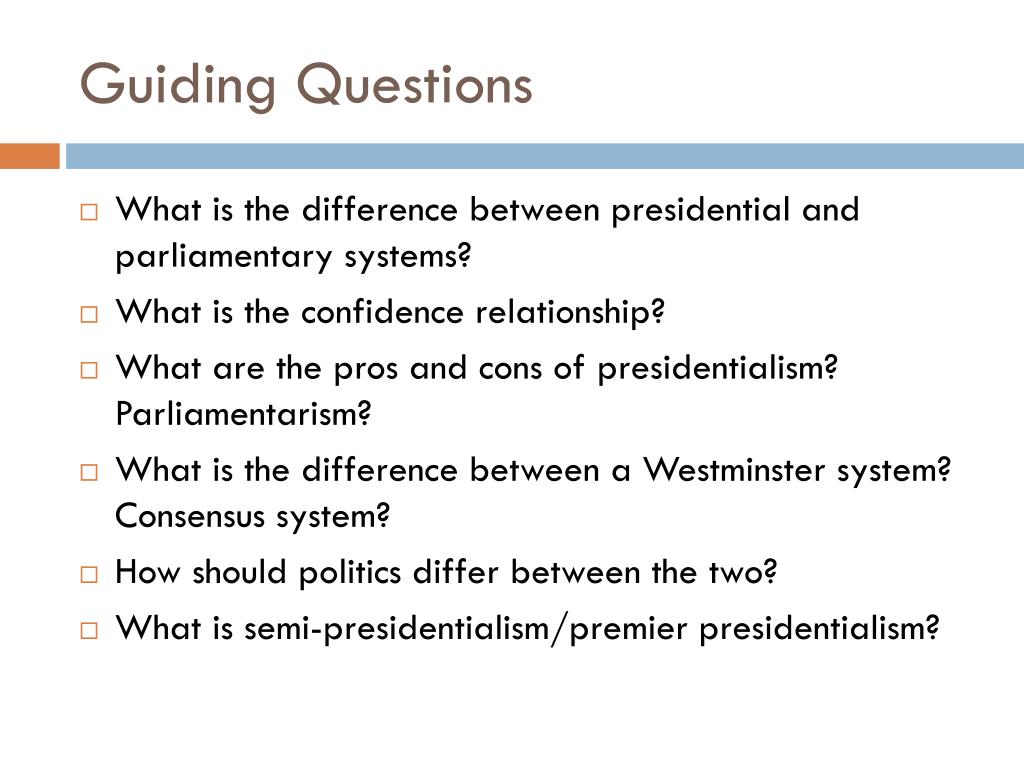
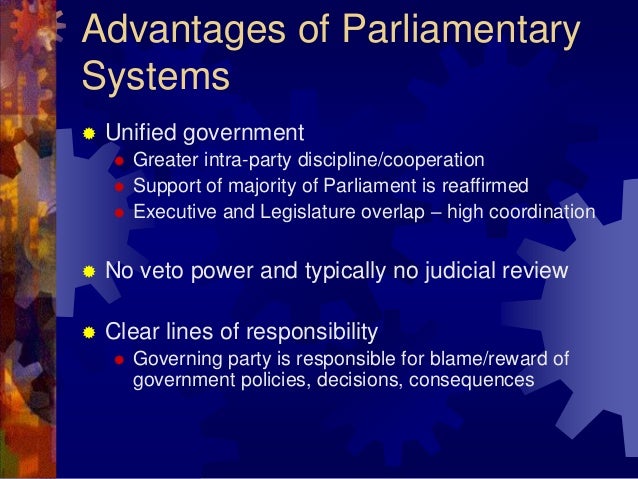



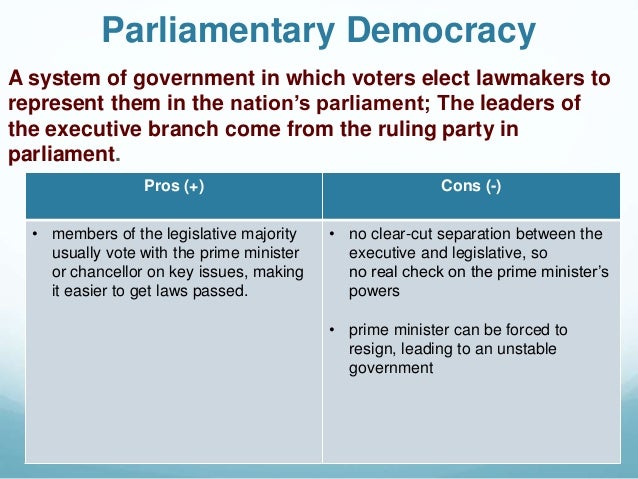
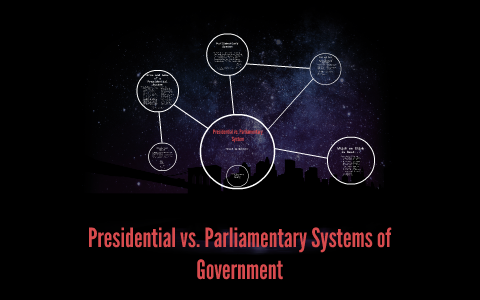
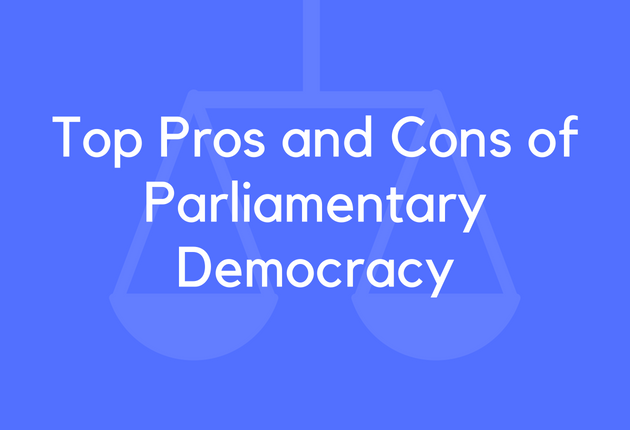
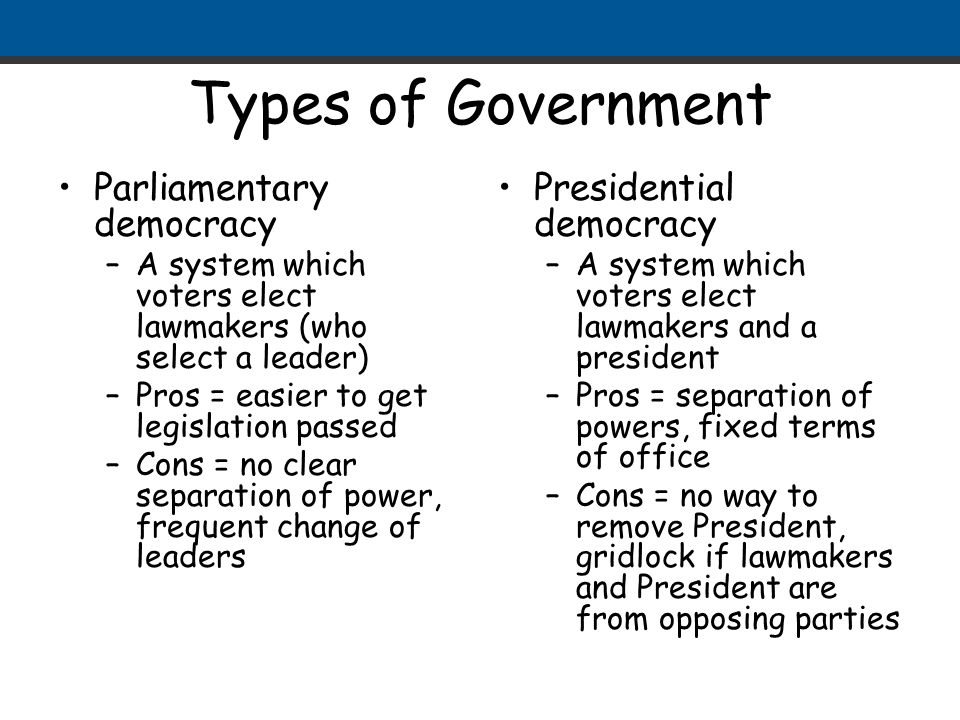


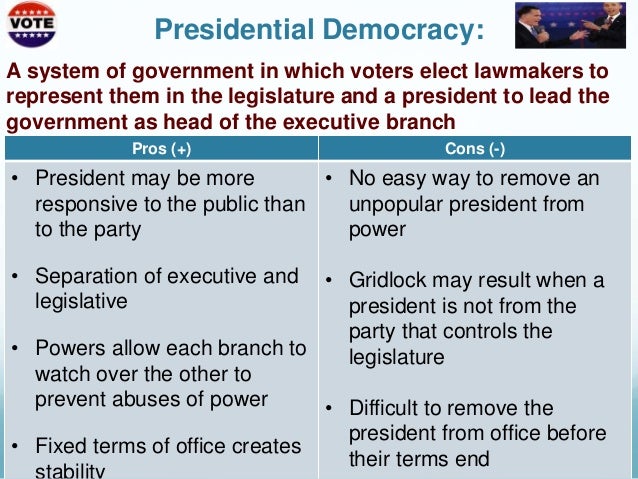

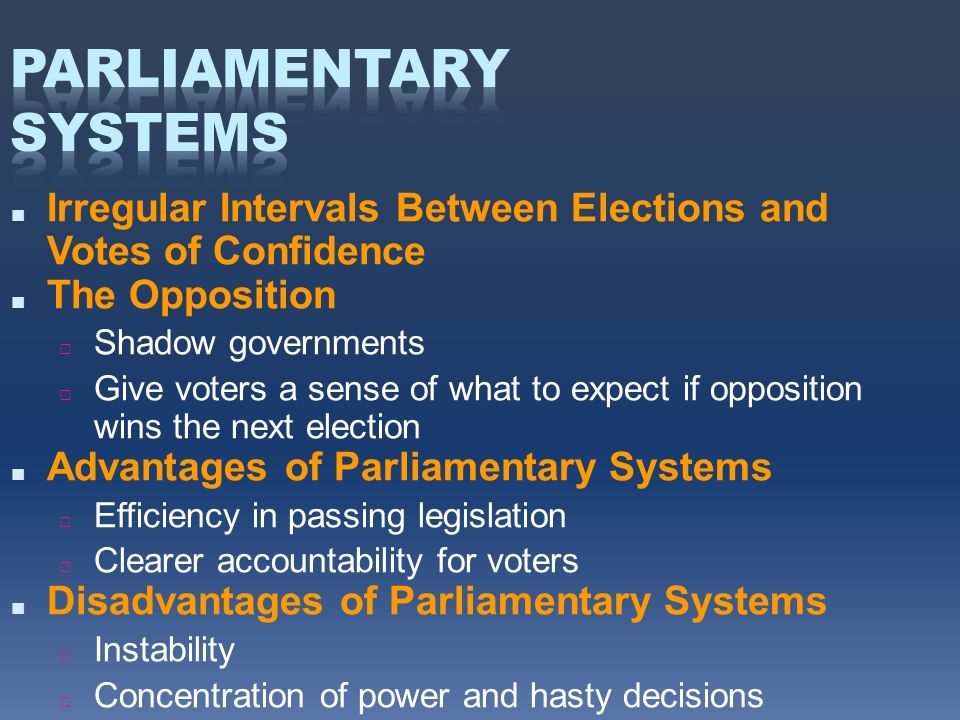

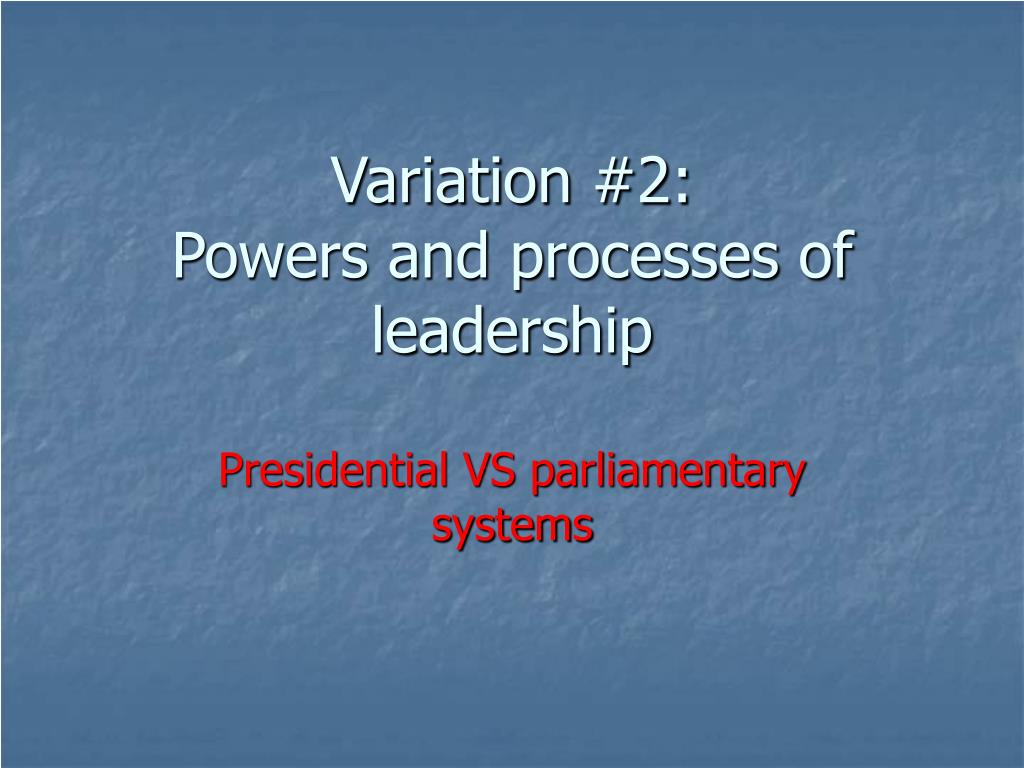

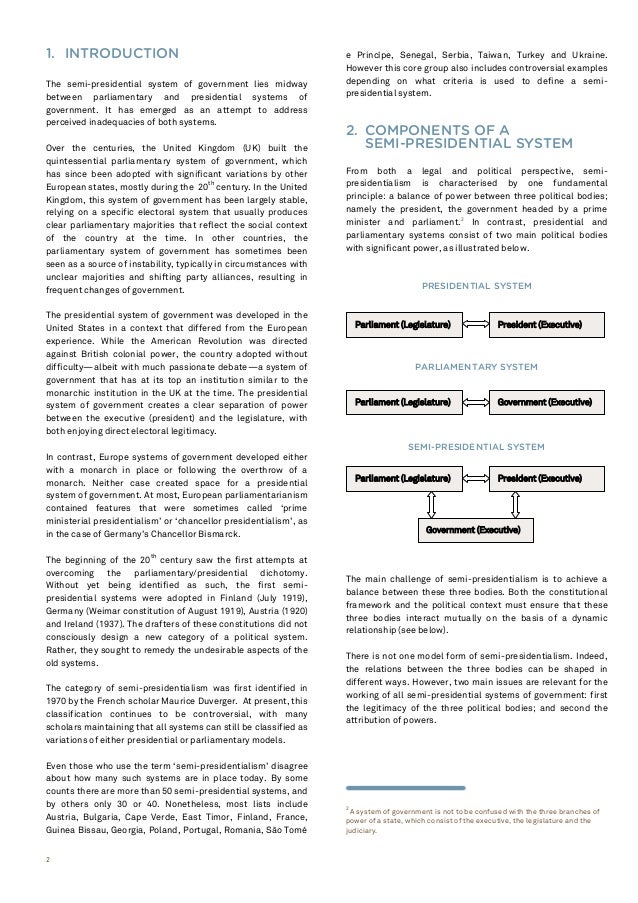

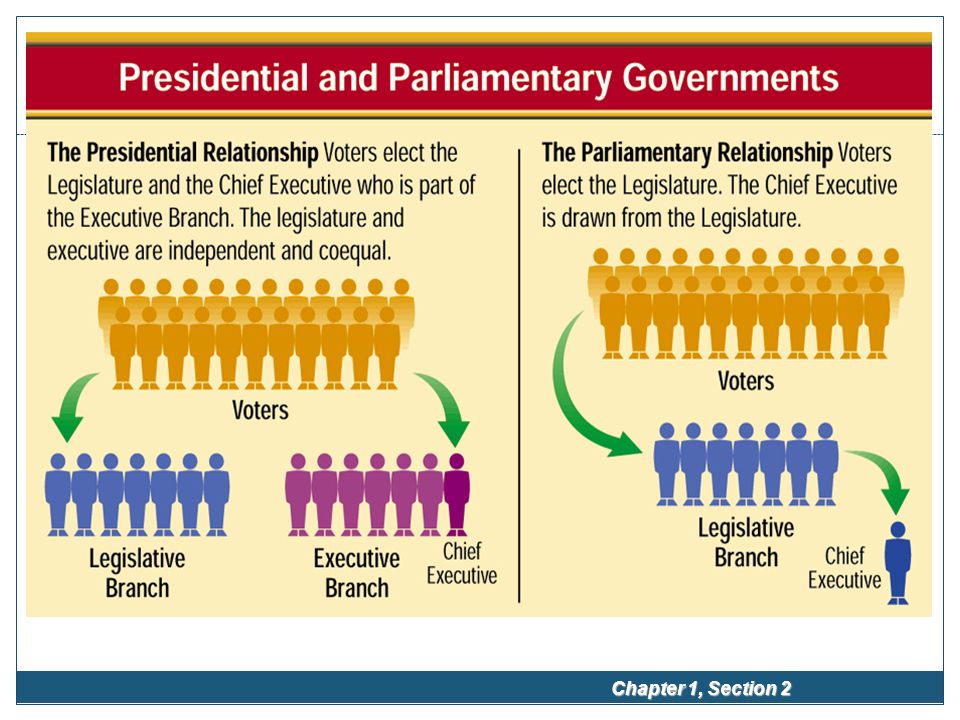






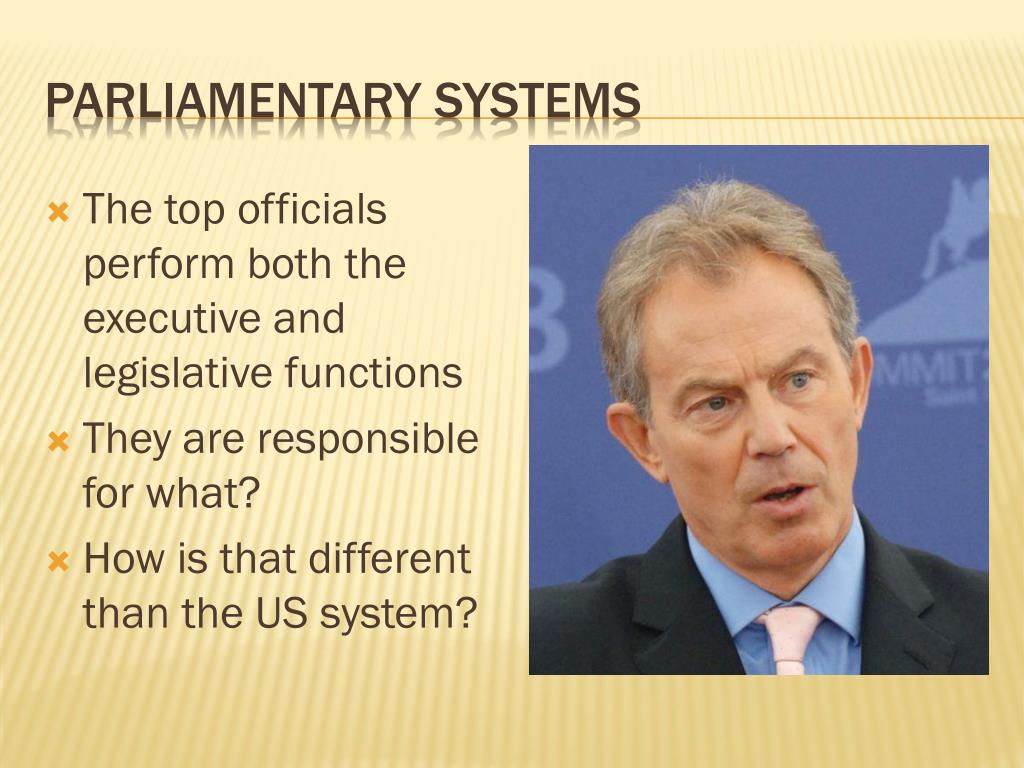


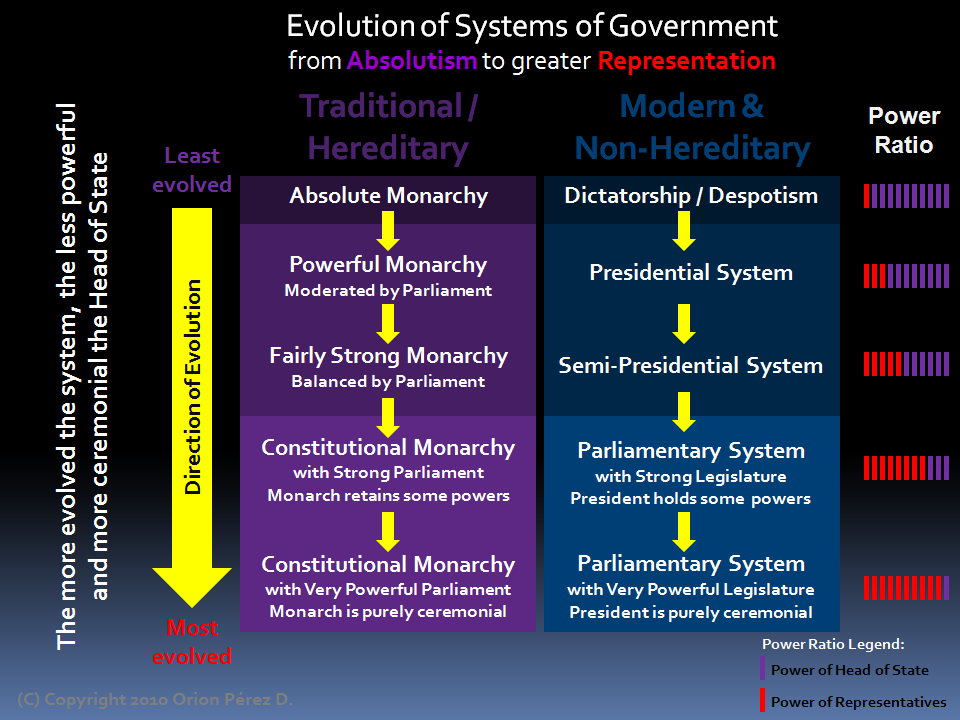
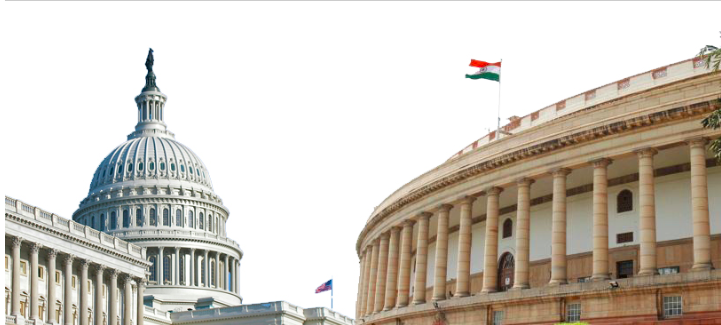

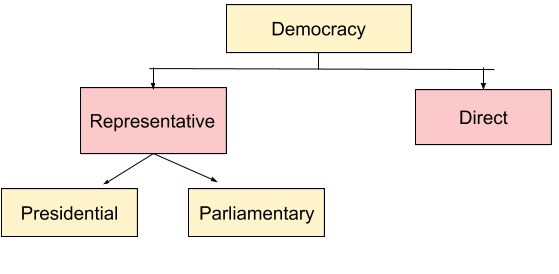
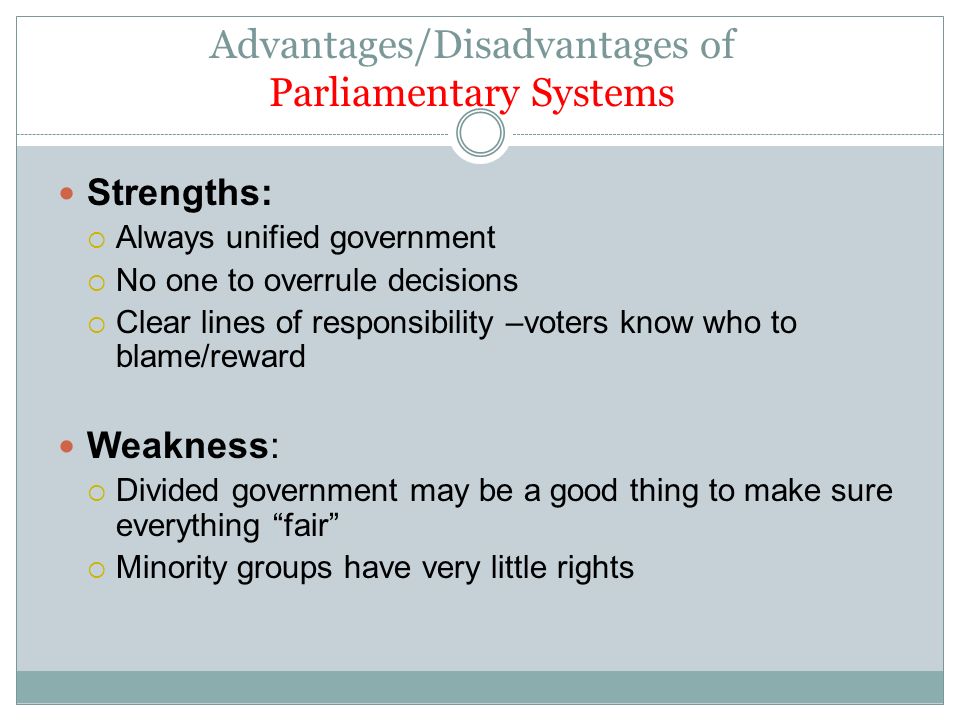

Posting Komentar untuk "Parliamentary System Vs Presidential System Pros And Cons"